
U-RIL
Response Innovation Lab in Uganda
Overview
The Uganda Response Innovation Lab (U-RIL) was founded in 2018 by Save the Children Uganda. The main objective of the lab is to support the humanitarian response to 1.4 million refugees from eight East African countries, mainly from the Democratic Republic of Congo and South Sudan, and their host communities across 13 districts in the country through innovative approaches, systems, technologies and products.
Uganda is the country hosting the largest number of refugees in Africa, with 60% being children and 110,000 persons with specific needs. The Government of Uganda implements a progressive approach, called the Comprehensive Refugee Response Framework, and provides refugees with freedom of movement, the right to work and establish businesses, access social services, and an allocation of land for shelter and agricultural production. However, challenges come with hosting such large numbers of refugees over a long period of time, and the level of unmet needs among both the refugee and host communities is critical. Despite an integrated approach to service provision, refugees have higher needs than host community members in terms of access to livelihoods, food security, health and nutrition, shelter, and non-food items. A 2018 vulnerability study found refugees much more likely to be living in poverty than the host population, even while receiving assistance.
Updates
Inspired by the term “Ddokolo,” a slang word symbolizing resilience and cultural identity from Northern Uganda, the enterprise has grown under the stewardship of Ms. Winfred Nanungi. Today, Ddokolo is a guiding light of hope, blending innovation, community development, and social impact into its core operations.
A story showcasing how U-RIL partners with social innovators in the community to drive positive changes.
Nestled within the challenging terrain of the Rhino Camp Refugee Settlement in Uganda, a beacon of hope is meticulously emerging through the collaboration of Gulu University, the Response Innovation Lab (RIL), and Save the Children. This unfolding narrative, generously backed by Innovation Norway under the Local Innovations for Nutrition Solutions (LINS) project, unfolds against the backdrop of two critical issues plaguing refugee-hosting communities—malnutrition and limited access to diverse, nutritious foods.
Under the support function, the Uganda Response Innovation Lab (U-RIL) supports innovators and implementers to maximise their ability to deliver successful innovations in a specific humanitarian context. One of these support avenues is seed funding to test prototypes or conduct pilots. The seed funding is open to entities registered in Uganda (Uganda-led or refugee-led) and with an existing proof of concept.
On Friday, 29 September 2023, Uganda's Response Innovation Lab (U-RIL), in partnership with Startup Uganda, hosted an event to disseminate the findings of the Landscape Analysis of the Uganda Innovation Ecosystem and to launch SMILE, an interactive ecosystem map.
The Uganda RIL has just published its first Matchmaker Solutions Pack of 2023, on the challenge of linking refugee employment seekers to available jobs in their areas. Read the report here to see what solutions were proposed.
In Uganda, refugee-led organizations (RLOs) are developing innovative solutions to everyday problems found throughout their settlements and host communities. In this blog post we shine a spotlight on 13 RLOs creating, testing, and providing new solutions for refugees and others.
Financial inclusion efforts and savings groups are common interventions in humanitarian and development programming. Individually or combined they help promote savings, increase access to credit and ultimately, build self-reliance. With more commercial and mainstream financial services moving online, there are also efforts to do the same at the community level. With this in mind, Ugandan company Akaboxi developed a way to help digitise village savings and loan associations (VSLAs) and link them to banks and other finance institutions. Akaboxi hoped their innovation would not only help people save but also help them build a base from which they could access commercial financial services in the future.
Starting around May 2022, RIL and Audiopedia Foundation ran three interactive events in Kampala. These events also included developing interesting case studies of open source in action and running a contribution competition. Through these events it was hoped that existing open-source users and developers would find humanitarian and development actors to partner with and that more people, regardless of their background, would feel more confident to try using open-source software.
The SafeBangle Team is developing a wearable safety bracelet that can be used by the would-be victims of assaults, SGBV, and other forms of injustice to call their trusted relatives and loved ones for help.RIL has been offering mentorship and capacity strengthening, helping the team access new partnerships and resources. Read about their experience here
Challenges
Developing the preparedness and resilience of the most vulnerable communities takes a dedicated effort to identify the specific challenges faced in the delivery of basic services (healthcare, water and sanitation, power, communications) to remote communities, marginalized groups and other hard-to-reach Somalis. Community-based organizations, local governments and other entities facing these challenges will need opportunities to uptake local or global solutions that will help to remove barriers to providing these services in an emergency.
A range of humanitarian and recovery needs exists in Uganda and the growing influx of refugees and asylum seekers from the surrounding region have exacerbated problems faced by local communities. Given the crisis escalation, the Uganda RIL supports response efforts and innovates around challenges in order to improve the lives of the affected communities during the crisis response, and during their transition to self-reliance.
To date, the following challenges have been identified:
CHALLENGE 1: SUSTAINABLE & MARKET-DRIVEN LIVELIHOODS
Employment creation, skills development, connections with private sector opportunities, and markets do not match the demand, particularly of young people in refugee settlements and refugee-hosting communities.
CHALLENGE 2: FINANCIAL INCLUSION AND DIGITAL SKILLS
Cash-based assistance is a modality of assistance that is increasingly used in Uganda. This acts as a driver to financial inclusion but also reveals the gaps in access to financial services and both financial and digital skills among refugee and host communities.
CHALLENGE 2: QUALITY & CONTINUOUS EDUCATION
Identified areas are cost-effective and result-oriented professional development for teachers and improved learning environments and outcomes for children (such as more focus on numeracy and literacy and multi-lingual support). These challenges, pre-existing before the pandemic, have been heightened by the prolonged school closure since the Covid-19 outbreak.
CHALLENGE 3: SUSTAINABLE AND SAFE ACCESS TO WATER, ENERGY, AND WASTE MANAGEMENT
On the topic of energy, in particular, challenges in terms of matching the supply and demand for clean energy solutions that are reliable, affordable, and accessible and raising awareness among potential users have been identified.
CHALLENGE 4: QUALITY AND ACCESS TO HEALTH SERVICES
Including but not limited to sexual and reproductive health with a focus on adolescents and psycho-social support.
CHALLENGE 5: EMPOWERMENT AND INCLUSION OF MARGINALIZED PEOPLE
Particularly women or people living with a disability.
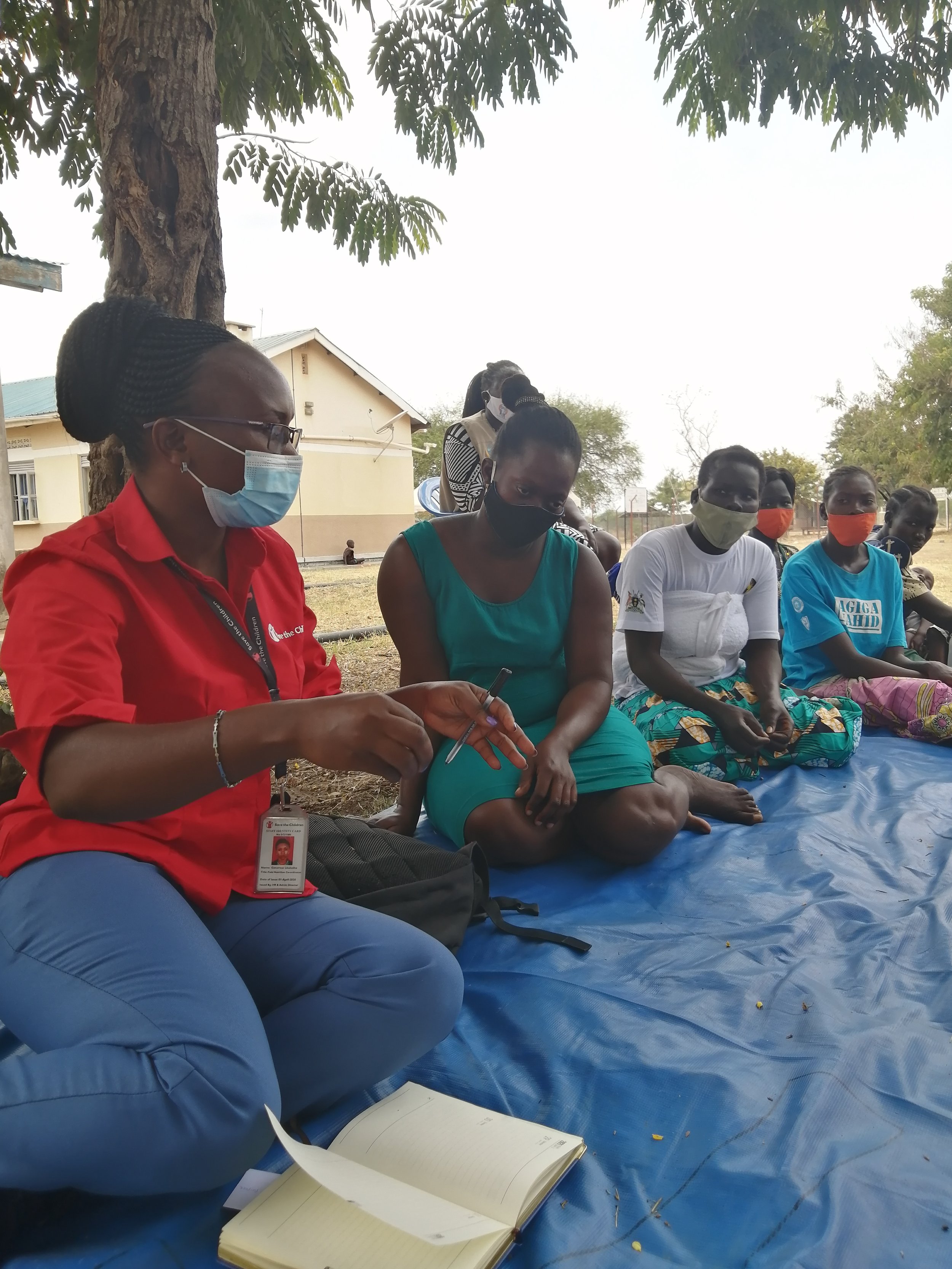
The challenges are determined from a mapping of all local stakeholders involved in the response.
What We Do
Uganda is home to a vibrant and growing community of innovators, many of which are looking to help with the recovery from, preparedness toward and resilience to crisis. While some funding opportunities exists for commercial products, social entrepreneurs and innovative non-profits do not have access to the capital they need to prototype, test and scale their solutions.
U-RIL provides tools and guidance for actors to jointly develop solutions, whether using existing approaches or incubating innovations. The Lab supports events, convening actors around humanitarian and nexus challenges, problem analysis, promotion of innovations that already work and matching problems with solutions.
You can learn more about RIL’s overall approach by visiting our What We Do page.
Connecting people and solutions

U-LEARN UGANDA
U-Learn believes the refugee response is most impactful when it maximizes the use of quality evidence, and deeply integrates refugee voices and preferences. U-Learn acts as a public good – supporting a wide range of refugee response actors to continually improve their programming by making use of high-quality learning, evidence, and insights.
The Uganda Learning, Evidence, Accountability, and Research Network (U-Learn) is a 3-year UKAID funded program delivered in Uganda by the Response Innovation Lab (hosted by Save the Children) in consortium with IMPACT Initiatives and the International Rescue Committee. It is designed to promote improved outcomes for refugees and host communities in Uganda. In collaboration with the government and a wide range of implementers and stakeholders, U-Learn specializes in Accountability to Affected Populations (AAP), Research, and Learning. U-Learn delivers a range of assessments, convener events, training, resource curation, and technical assistance to support actors across the response.
Online mapping tools and directories
The Uganda Climate and Disaster Risk Reduction (DRR) ecosystem map is one of the resourceful tools developed by Uganda Response Innovation Lab (U-RIL) with support from Save the Children. The map was developed as a key output of the Climate Adaptive Programming and Disaster Risk Reduction Stakeholder Mapping project in Uganda with an overall objective to build knowledge, capacity, and understanding of the Ugandan Climate Change Action context and Climate Adaptive programming options through stakeholder mapping, child and youth consultations, staff learning, and evidence/impact documentation.
This map is a live tool that is regularly updated, if your organization is not yet represented or you wish to request a change/update to the information about your organization, please fill a request through the form link attached to the map. Click on this link to access the map.
SMILE is an online searchable directory of humanitarian innovation system actors and innovations in Uganda based on information gathered by the U-RIL teams and content provided directly by organisations and innovators through online forms. SMILE also includes some basic analytical tools that help users better understand the composition of the humanitarian innovation ecosystem in Uganda and U-RIL’s work.
You can access SMILE through this link (click on the Home/Dashboard option)
SLAM is a mapping tool developed by the U-LEARN programme and hosted by Charter 4 Change. The searchable directory covers a wide range of organisations with a presence in refugee settlements throughout Uganda.
Click here to be taken to the tool on the U-LEARN website
The Uganda Response Innovation Lab has developed a dynamic map of the local ecosystem to better identify actors, innovators, in the response and help them connect with each other. The map is comprehensive of the humanitarian and social impact innovation stakeholders and supporters in the innovation ecosystem. While most organizations included have a physical presence in Uganda, some are based externally but have established connections to this ecosystem.
This map is a live tool that is regularly updated thanks to the research conducted by the RIL and the connections with partners.
Innovation hubs are connecting young entrepreneurs, programmers, designers, and investors and facilitating growth and collaborations across the innovation ecosystem. The Response Innovation Lab has set up an interactive platform to empower innovators with innovation support which highlights innovation hubs, accelerators, and co-working space’s location and hours.
The Education Technology (EdTech) Ecosystem Map looks at all stakeholders across the ecosystem to provide an overview of trends in EdTech projects and solutions throughout the country. The information is based on a selection and review of 36 solutions. EdTech is the use of technology for any Information Communication Technology (ICT) product - from radio to digital apps and tools - where the primary intention is to support the delivery of educational programs and improve outcomes.
EdTech is expanding quickly through a lot of small-scale solutions developed by Ugandan social enterprises and NGOs. As the Ministry of Education takes steps towards the preparation of an ICT in Education Policy, a sound stakeholder mapping was deemed a useful resource for its development.
In addition, with a growing interest from the Government of Uganda to invest in an ICT-enabled economy, an ICT-literate workforce is required. EdTech is seen as a way to develop digital literacy and drive overall (economic) literacy. There is also significant interest from the private sector and education donors to contribute resources to the EdTech space in Uganda.
>>> Click to see the interactive EdTech Ecosystem Map.
>>> Click here to a report published on the EdTech Ecosystem.
U-RIL Projects
The Response Innovation Lab offers a series of training to innovators designed to strengthen their capacity in the areas of:
Safeguarding
Intellectual Property and Innovation Value Chain Management
Resource Mobilization
Monitoring, Evaluation, Accountability and Learning.
The Local Innovation Nutrition Solutions project aims to create viable business models to enable the sustainable demand of local nutritious foods in refugee-hosting communities in Uganda.
The AMPERE Project is a consortium led by Mercy Corps in partnership with the Response Innovation Lab, Save the Children and Netherlands Development Organisation (SNV) to test, prove and build evidence for quality, affordable, and reliable market-driven energy access solutions for humanitarian response programming in Uganda. The implementation area is in the Bidibidi refugee settlement in West Nile in Northern Uganda, which displays favorable characteristics to explore an innovative operational model that bridges the humanitarian-development nexus.
Local Call - Uganda-BASED Innovations Only: The Uganda Response Innovation Lab hosted a local prize call for Ugandan innovators and entrepreneurs with already proven solutions to preventing, mitigating, and responding to COVID-19. With the support of the Ministry of Foreign Affairs of Norway and Save the Children, the call tackles four challenge areas with small financial prizes to selected winners. The call closed in 2020, and winners announced in early 2021.
Local Call - Uganda-BASED Innovations Only: In partnership with the Dutch Relief Alliance (DRA), the Uganda RIL held the DRA Innovation Fund’s third call (DIF 3) for proposals. The DIF 3 Local Call aims to promote humanitarian innovation for refugees as locally as possible. The focus of the call is on local refugee-supporting innovations in Uganda. The call closed in 2020, and winners announced in early 2021.
Solution Packs
As a part of the MatchMake function, the Response Innovation Labs produce Solutions Packs for each challenge they run. The packets go to the Challenge holder for a decision to be made around solutions. Below are samples of some of the packets developed from past challenges.
Innovations
As a part of the Response Innovation Labs support function, both global and local innovators are supported through the labs. Below are a list of innovations the lab has supported. You can visit the SMILE portal to view other innovations developed or tested in Uganda.
An Innovation that is turning School Bags into Mobile Classroom Furniture to solve the lack of affordable, classroom furniture by providing a SeatPack.
A portable parasite-based hardware device that uses principles of light scattering and magnetism to detect Plasmodium in blood samples.
Side by side intervention against child marriage and pregnancy cases rising during the pandemic in Bidibidi
Implemented preventive measures during food assistance in Rhino and Yumbe, and developed a touch-free hand washing facility
Women-training programme for alternative livelihoods in Rhino during the pandemic
Community-workshop approach for youth in Jinja
Community-driven socioeconomic empowerment of Indigenous Batwa households in Kisoro
Multi-Platform Edu-tech Property transforming Literacy in Local Ugandan Languages
Continuous and safe learning for children at home
Education Infrastructure Enhancement Among South Sudanese refugees and host community in Bidibidi settlement
Evidence
The Response Innovation Lab uses a system called System for Managing Lab Information and Evidence (SMILE) to conduct humanitarian innovation data and analytics from across the labs. You can see this live data of highlighting the response ecosystem and innovations in the dashboard feature of the SMILE system.
Publications
This landscape analysis explores the status of innovative financing in Uganda, including the key actors, financing mechanisms, instruments, and best practices for financing social enterprises in Uganda. The main objective of this research was to guide U-RIL’s approach to continuing to provide support for innovators and social enterprises in the humanitarian ecosystem. U-RIL sought to answer the main question; “Beyond grants, how else are social enterprises in Uganda being financed?”. Read the full report here.
The Local Innovation Nutrition Solutions (LINS) project aimed to create viable business models to enable the sustainable demand of local nutritious foods in refugee-hosting communities in Uganda. The goal of LINS was to address underlying determinants of malnutrition in refugee children living in Kyaka II and Rhino refugee settlements through the analysis and testing of appropriate small-scale solutions and practices, developed through a human-centered design process. The process aimed to ensure high standards of quality and safety in complementary foods for improved nutrition and associated sustainable business and marketing models.
Uganda Response Innovation Lab in partnership with Save the Children Uganda, is excited to share with you the 5 innovations in children health and nutrition that will be receiving loans worth US5,000- US$ 10,000. The five winners are Botanica Repellent Company, Ddokolo Distributors Atom Uganda Limited, Prum Ventures, Water Kit, Youth For Life Tree Planting Limited. Here is the Pitch day report
In addition, we have carried out an innovative financing landscape analysis for Uganda to assess, map and analyse the financial market, current schemes, vehicles and actors available under innovative financing to support social businesses and innovations in Uganda including impact investment assessment. The report is currently under review and the insights will be shared in mid January
The purpose of the research is to provide an in-depth overview of how the Entrepreneurship Support Organisations (ESOs) in Uganda are set up, what they offer, to whom, and how. It particularly looks at the state and opportunity of collaboration among stakeholders in the ecosystem, especially among the ESOs, but also with the public sector. Click on the image below to access the report.
U-Learn recently published the Refugee Engagement Forum (REF) Good Practice Study report which explains how the REF - a two-way feedback mechanism between national refugee response decision-makers and refugee representatives - has innovated Accountability to Affected Populations (AAP) in Uganda, by successfully including refugee voices at the most senior refugee response coordination mechanism of the response.
As originally published on Devex (10 Feb 2021) - Through the establishment of RIL in Uganda, our team has learned a few lessons on integrating innovation into the humanitarian context that we are sharing in a supportive effort around localization.
Written by Jodi Ashley Fleming, University of Copenhagen.
Collaborative private sector-INGO partnerships allow both organizations to combine their valuable expertise and create contextual innovative solutions for a humanitarian and community-based response; something more essential than ever as new types of crises emerge globally. This qualitative study investigated Ugandan private sector attitudes towards partnerships with INGOs to co-create community-based innovations.

With partners.
Thank you to our partners:

Join us!
“If you are a humanitarian organization planning an innovation intervention to support people affected by crises, if you are an innovator looking for support for your work in the humanitarian space or if you wish to understand more about the work of RIL Uganda, you can book an individual meeting with the team by contacting uganda@responseinnovationlab.com.”
Contact
Lab Manager
Grace Nakibaala
grace@responseinnovationlab.com
Address
1st Floor, Luthuli House, Plot 15, Luthuli Avenue, Bugolobi, Kampala, Uganda





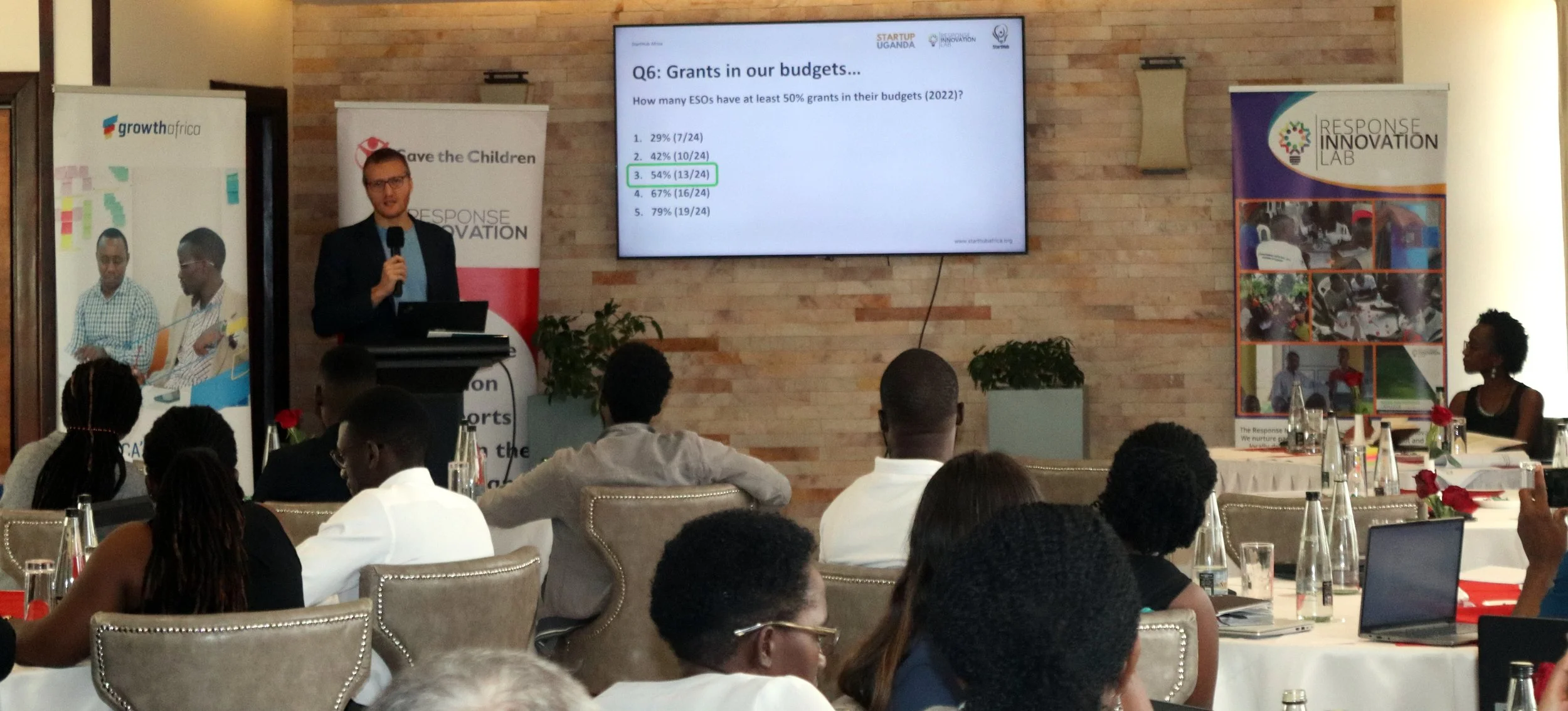






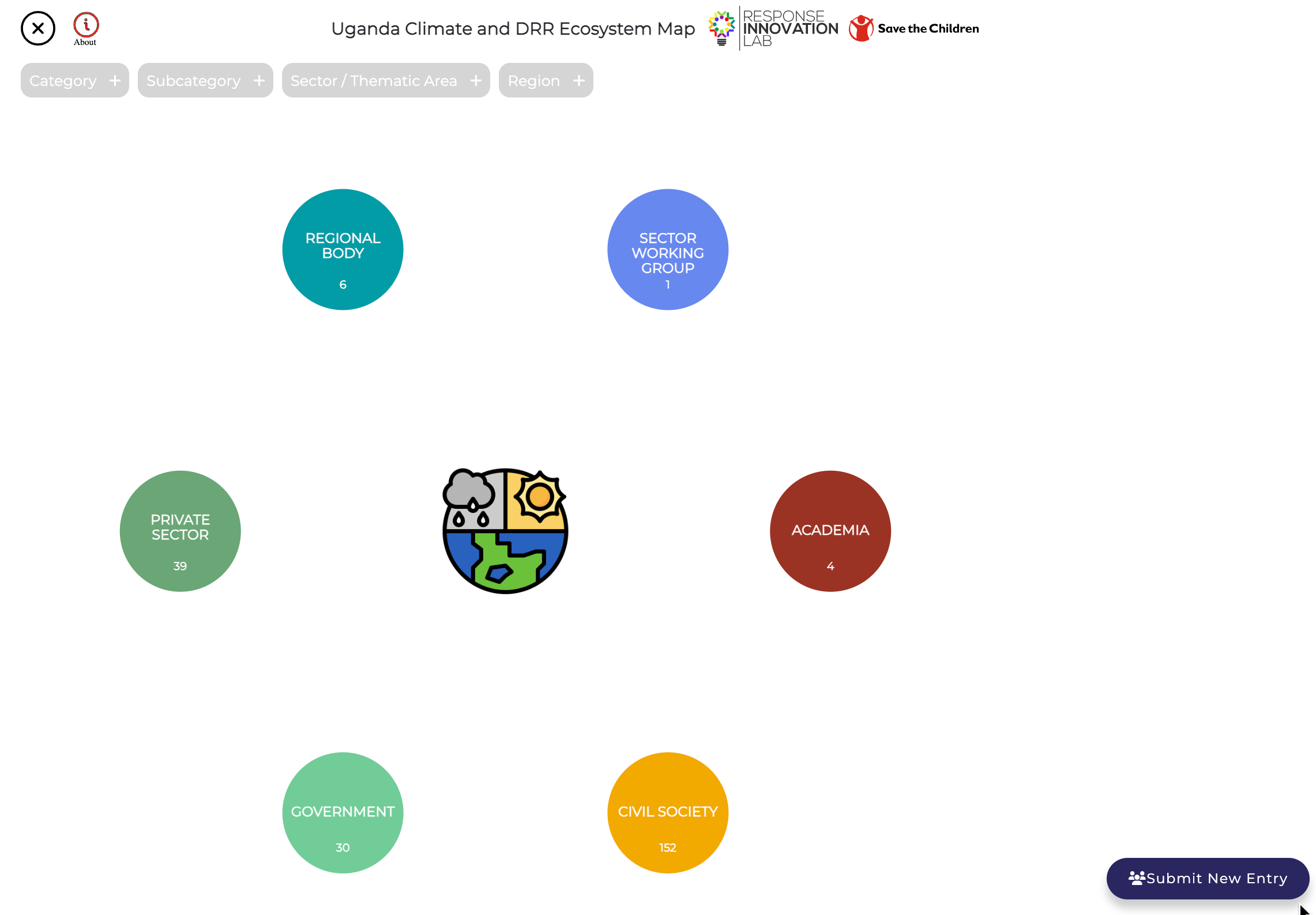





















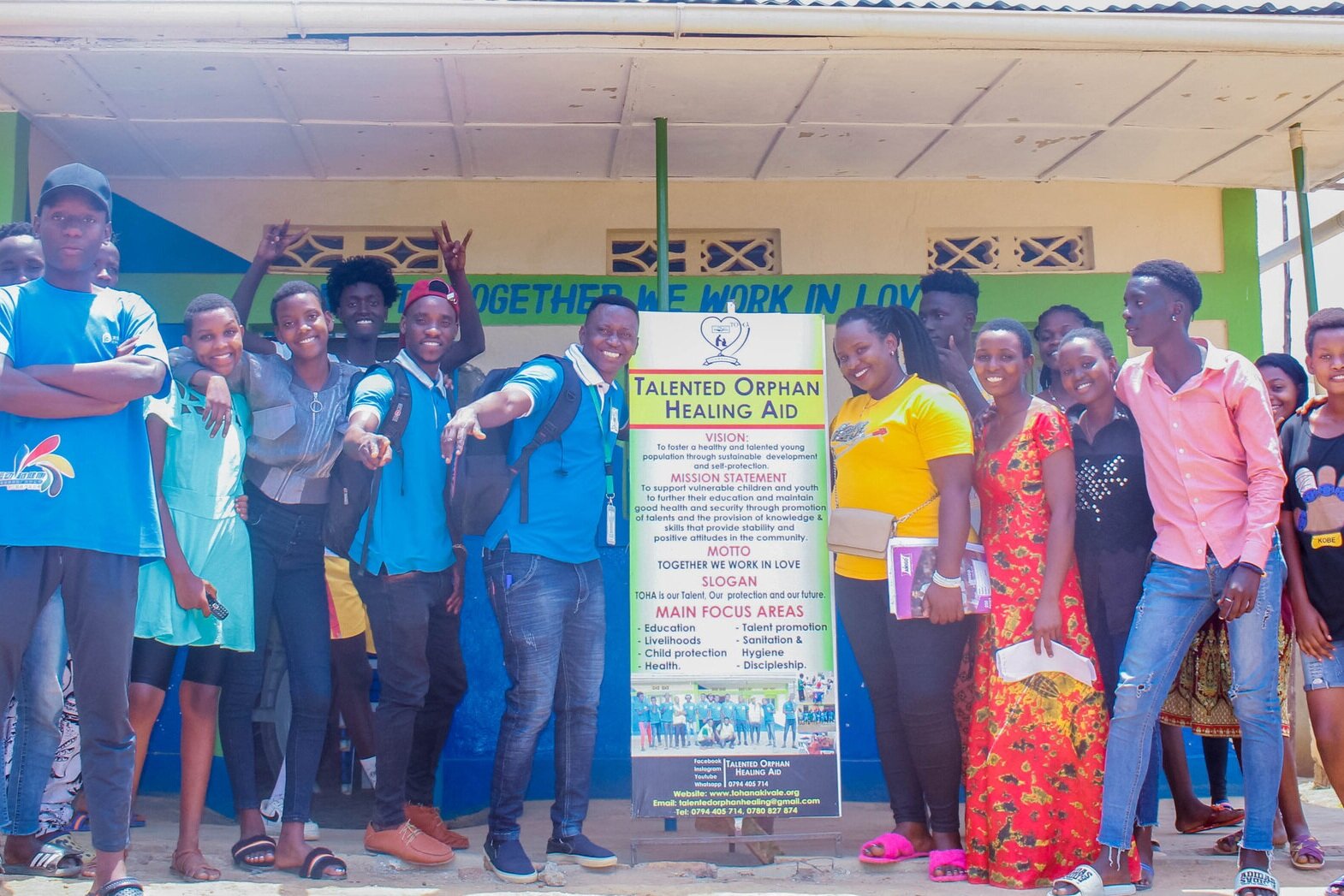

























![Lessons learned on integrating innovation into the Uganda refugee response [ Devex ]](https://images.squarespace-cdn.com/content/v1/5d7fba1a7dc0f278f09832df/1614028911010-3MF2E7RPR6RF15YPAE6B/IMG_20200218_104759.jpg)




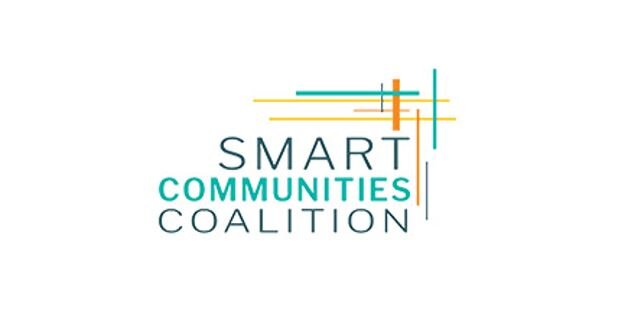





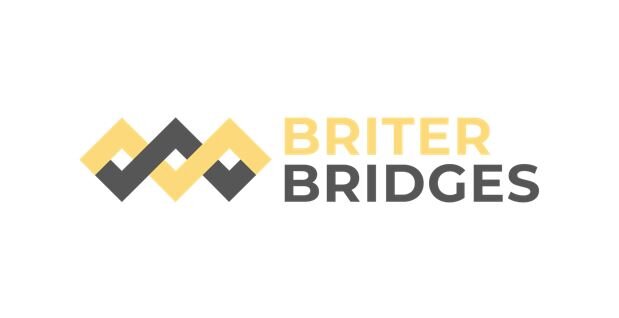




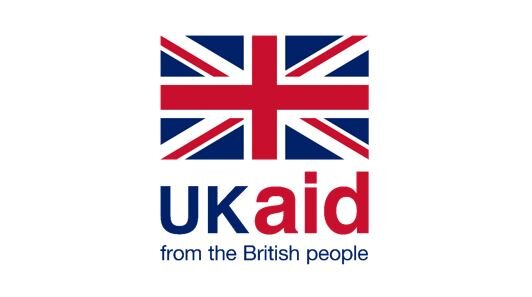

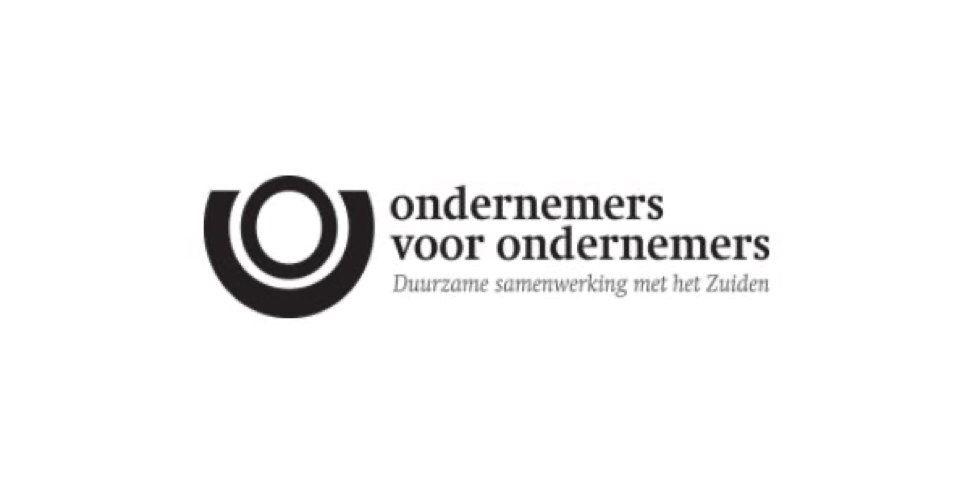

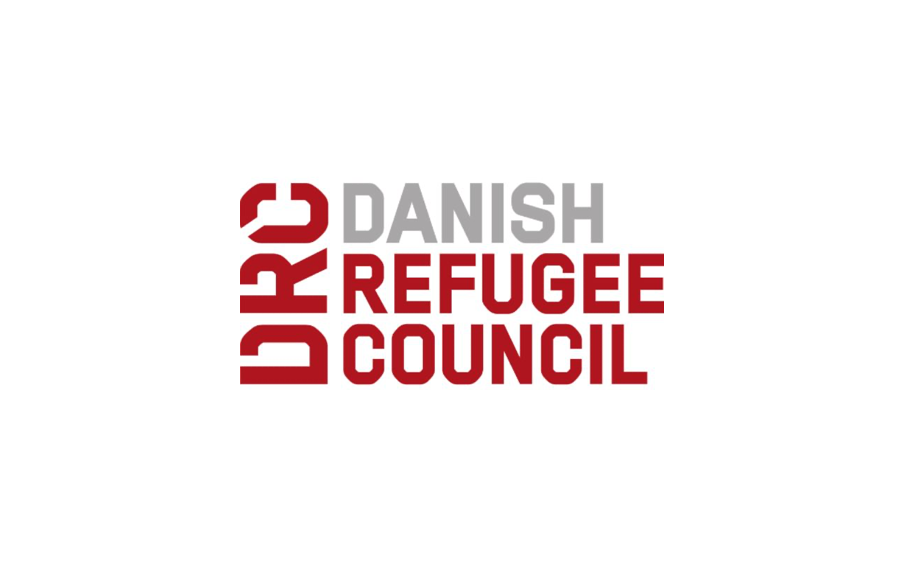
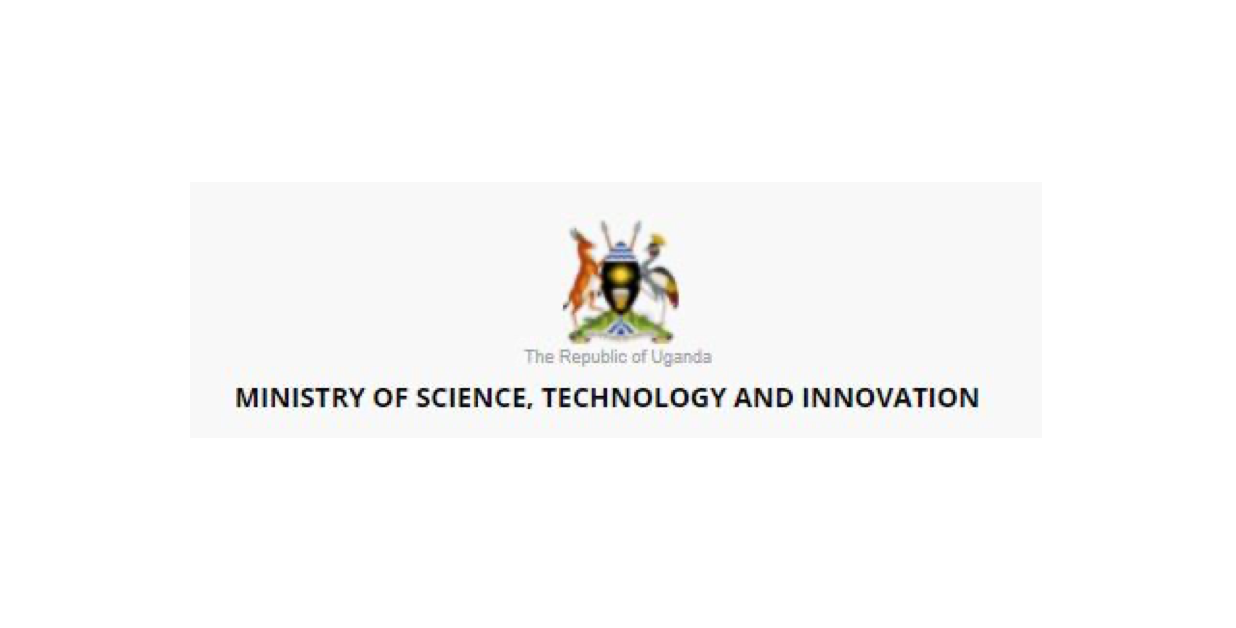
Call for Ugandan- and Refugee-Led Tech & AI Innovations! Applications are open for the Uganda 2025 RIL Innovation Support Cohort, a 5-day bootcamp designed to strengthen the capacity of innovators working in humanitarian response. Check out our requirements and apply now!